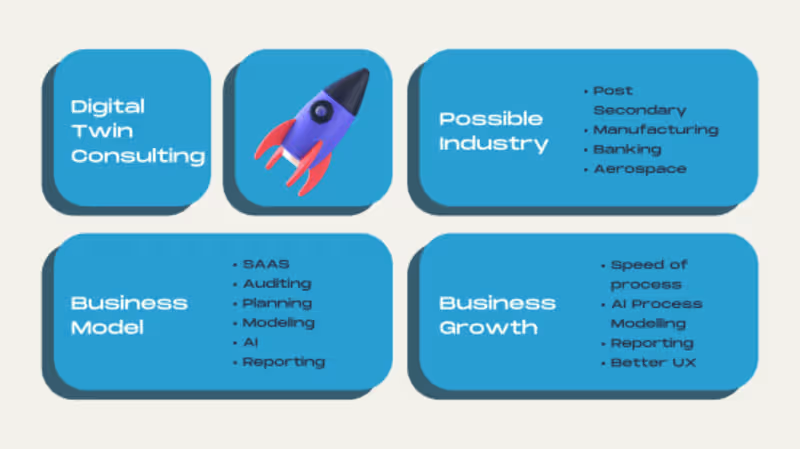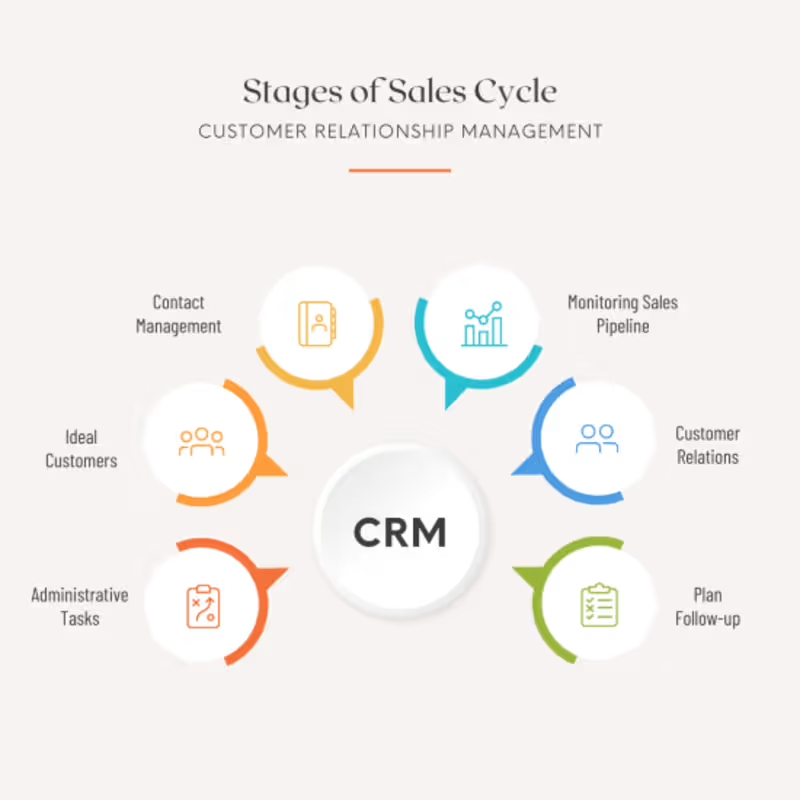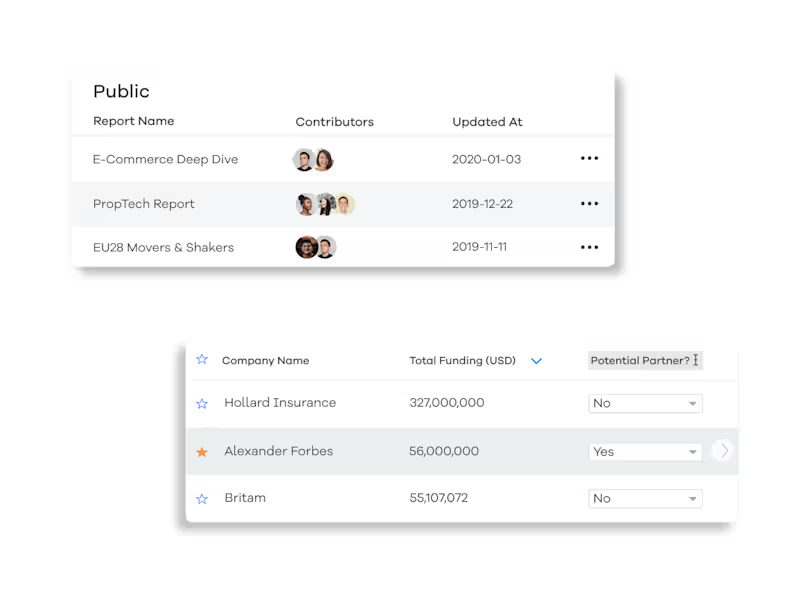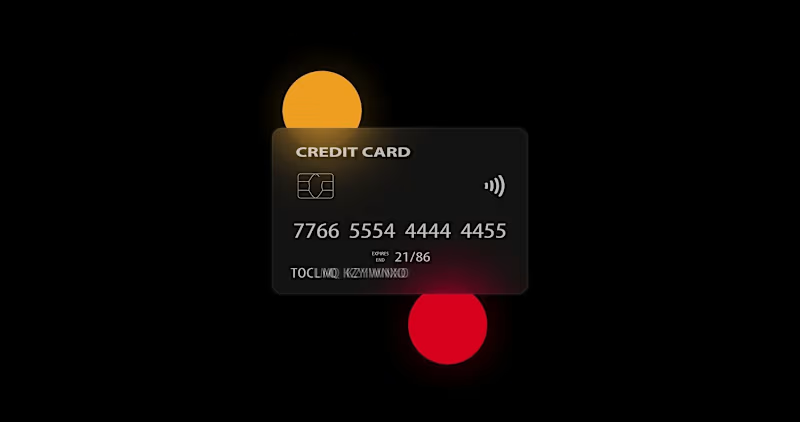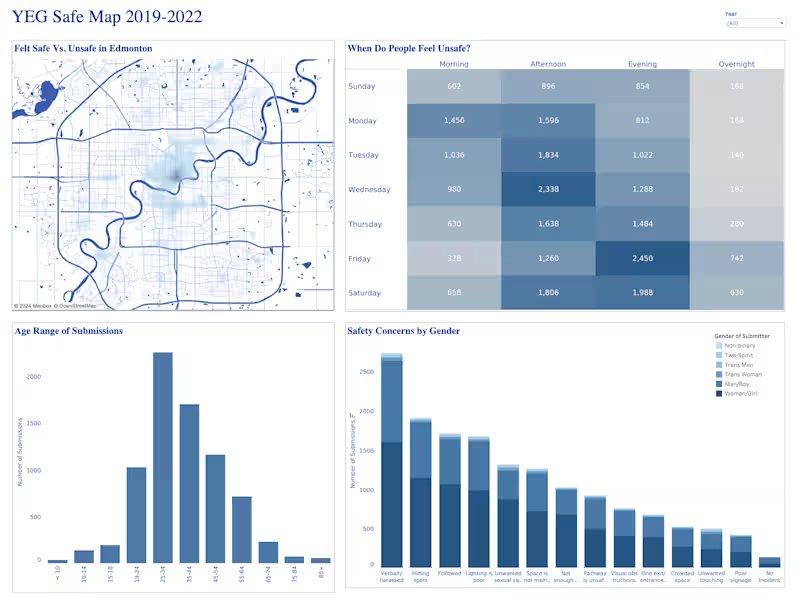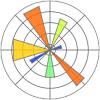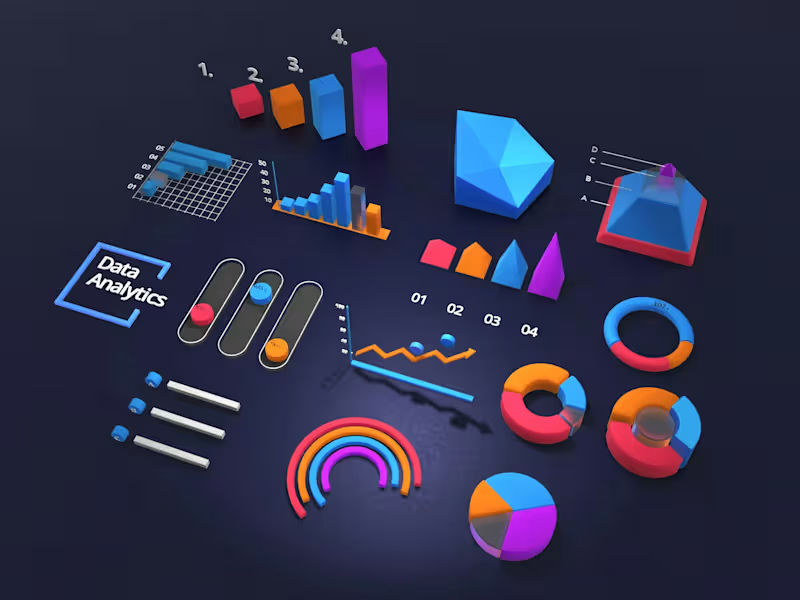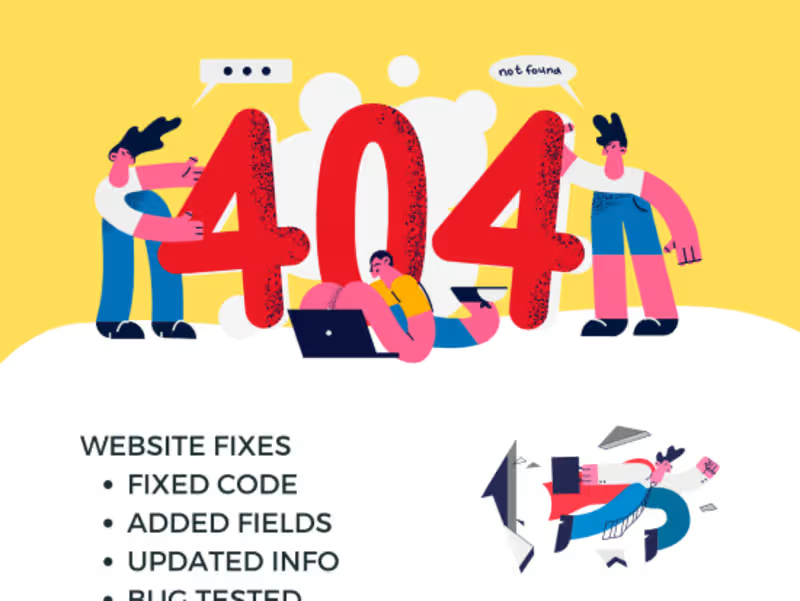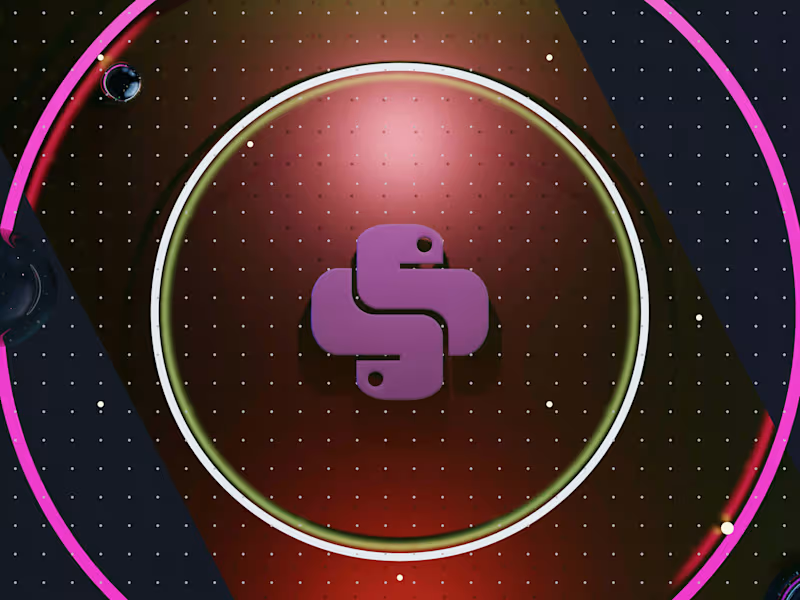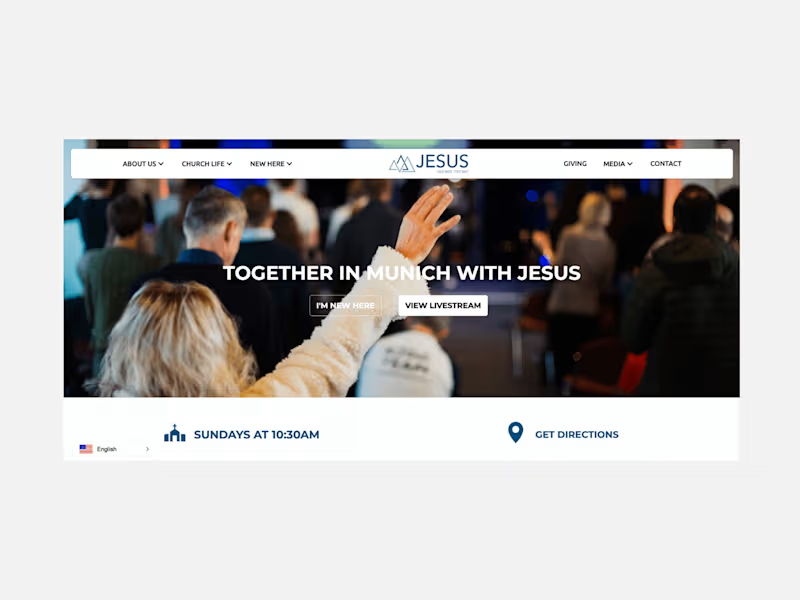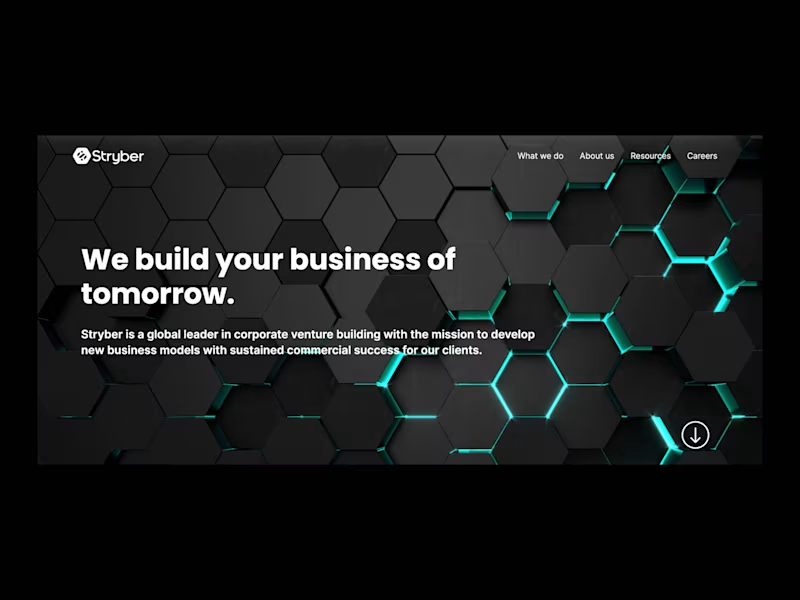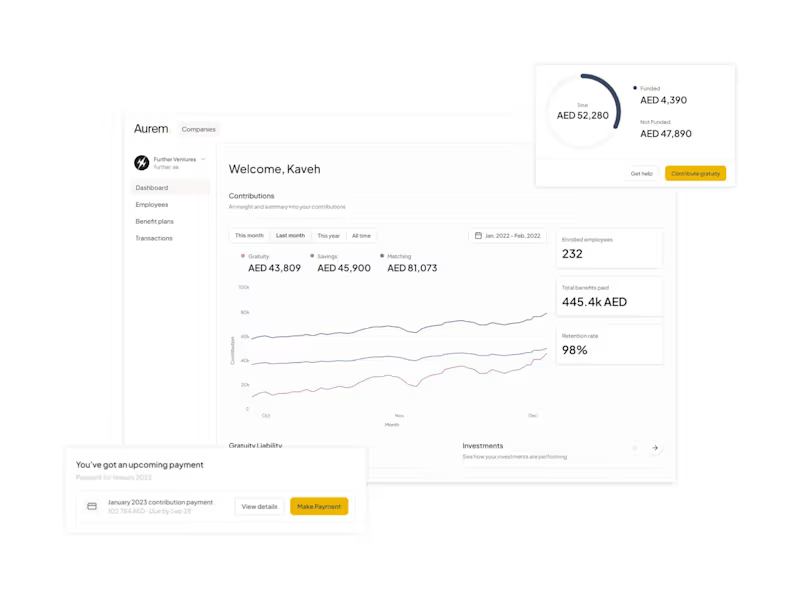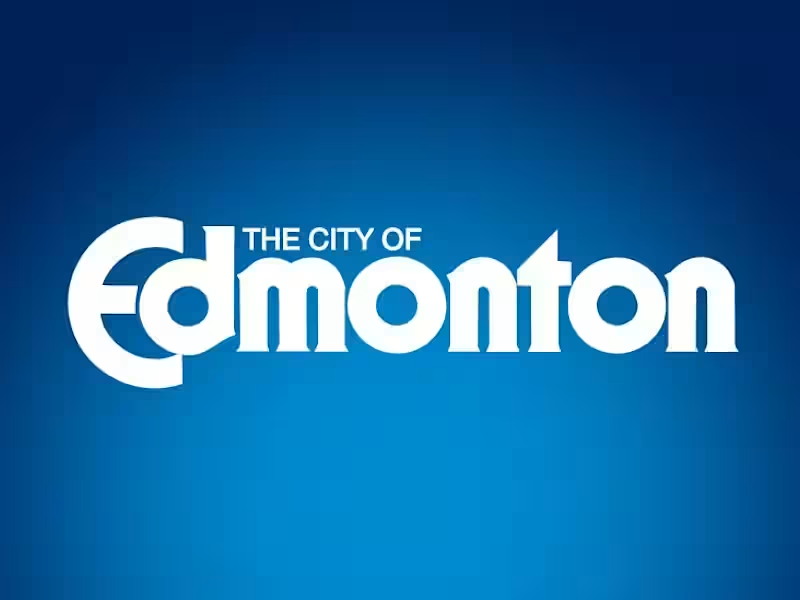How can I make sure the data analyst understands the project requirements?
Having clear and detailed project requirements is important. Start by creating a project brief that outlines the goals, data sources, and any specific analysis techniques you expect. It's also helpful to discuss and agree on the deliverables openly with the data analyst.
What type of data visualization tools might be important for the freelancer to know?
Mentioning specific tools can help you assess their skills. For instance, tools like Tableau, Power BI, and Excel are common. Ensure the analyst is comfortable with the chosen tools for creating visual insights from your data.
How should I evaluate the data analyst's past projects?
Reviewing past projects can give insight into their experience. Don't just look at the end results, but also consider the complexity and the types of data they handled. Asking for relevant case studies or work samples related to your industry, such as oil and gas in Alberta, can be beneficial.
What technical skills should the data analyst possess for my project?
Focus on both their data analysis and programming skills. Commonly required skills include proficiency in SQL, Python, or R. Ensure they have experience in using analytical techniques that match your project needs.
What steps can I take to agree on deliverables with the analyst?
Define deliverables that are measurable and time-bound. Break the project into phases with milestones, making it easier to track progress. This structured approach ensures both parties are aligned from the beginning.
How can I ensure smooth communication with the freelancer?
Establish clear communication channels from the beginning. Set expectations for regular updates, such as weekly calls or written reports. This helps prevent misunderstandings and ensures you stay informed.
What should I consider when onboarding a data analyst?
Provide the analyst with necessary company information and data access upfront. Familiarize them with internal systems or platforms they need to use. This helps in a smooth transition and meaningful contribution from the start.
How can I ensure the analyst is familiar with local data regulations in Alberta?
Data privacy and regulations can vary by region. Ensure the freelancer understands Alberta's data privacy laws. It's crucial for projects involving sensitive data like healthcare or financial information.
Are there benefits to hiring a local freelance data analyst in Alberta?
Local freelancers might have insight into province-specific data trends and regulations. This can be valuable for projects targeting Alberta's markets or industries. Additionally, time zone alignment can facilitate easier communication.
What should I check to verify the data analyst's expertise in my industry?
Look for experience related to your industry, whether it’s retail, healthcare, or energy. Verify past projects and industry-specific skills they list. An analyst who understands your industry can offer insights that align with your business needs.
Who is Contra for?
Contra is designed for both freelancers (referred to as "independents") and clients. Freelancers can showcase their work, connect with clients, and manage projects commission-free. Clients can discover and hire top freelance talent for their projects.
What is the vision of Contra?
Contra aims to revolutionize the world of work by providing an all-in-one platform that empowers freelancers and clients to connect and collaborate seamlessly, eliminating traditional barriers and commission fees.








































